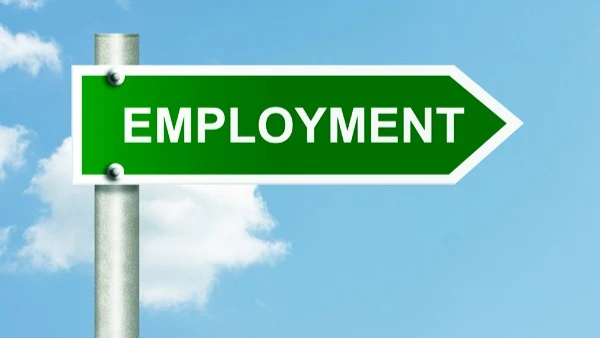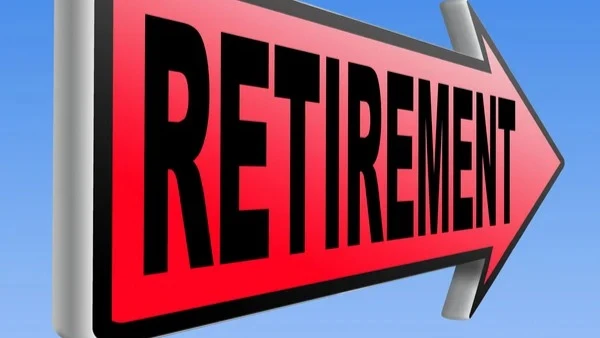Experts ‘back to school’ as employment is everything in poll outcomes like in the US

GOVERNMENTS, public agencies, researchers and independent observers the world over must be making efforts to come to terms with what to most people is a shocking result in the just-ended United States presidential election.
Meanwhile, analysts are closely following what pundits say in that direction.
One thing that comes up is that the old school of globalisation that has its anchorage in what is known as ‘comparative advantage’ is reeling further and further into oblivion.
It is a situation where a country gains by obtaining cheaper commodities from outside, so most people will be satisfied.
‘Returning’ president Donald Trump pledged intent to raise tariffs by up to 60 per cent on all goods coming into the United States.
And that is more or less the policy that ‘far right’ parties in Europe want as they make big strides in nearly all elections.
The reason is that automation and large-scale imports have diminished active employment, making large numbers of people live on paltry allowances, listening to music, betting on whatever games are being held while failing to put up families, etc.
What is now visibly under threat is a whole parameter of global trade as such – that major economies will be importing on a low tariff basis things they don’t easily make.
If one wishes to sell something in another country it has to be on the basis of import need induced by shortages, in which case the tariffs will be low.
Conversely, they will face stiff tariffs trying to compete with local goods. It is in that manner that the biggest number of industries will be built.
This sort of prospect will likely lead to a mixture of sentiments for policy makers in many countries, and here if can be cited by those preferring state-led industry as it will create jobs.
But the clincher is that such industries will need subsidies from the central government and will be top-heavy, seeking monopoly over the local market and stifling job creation in an all-round way. It would be a bad lesson pretending that it is now clear, as it surely isn’t.
What the world is witnessing is an elevation of an export-oriented strategy focusing chiefly on an investor in a country determining that there is need for this or that commodity locally, or that it can stomach plenty of competition.
Instead of shipping such goods, it would move to purchase stock of a major producer there or buy up a competitor and then put up stiffer competition than before.
It would mean that the shipping industry will have noticeably declined in 20 years to come, as most countries will be moving into localised production to create jobs to stem dissent.
The major reason would be that people will not be satisfied with allowances and betting but will be badly in need of jobs.
Top Headlines
© 2024 IPPMEDIA.COM. ALL RIGHTS RESERVED

















